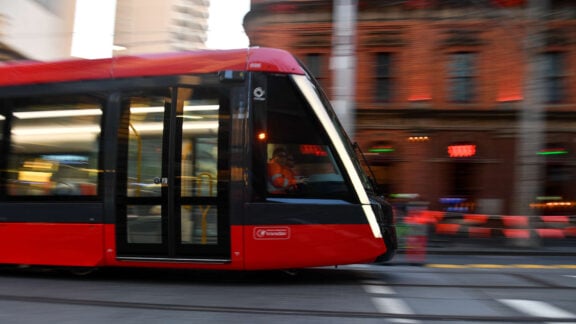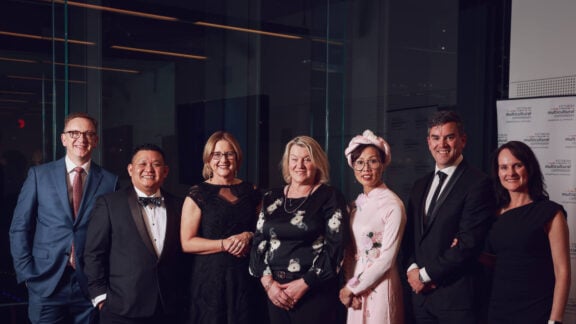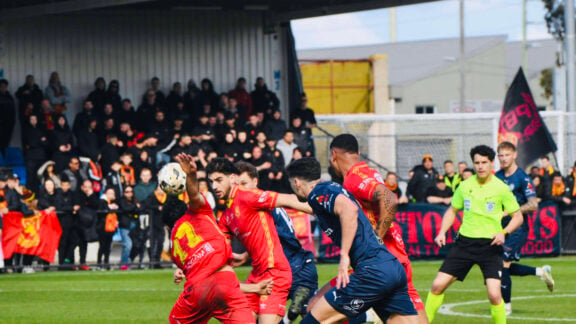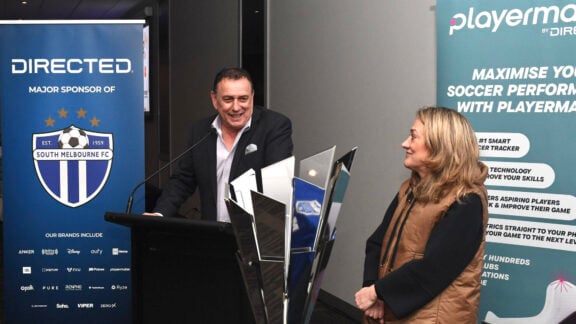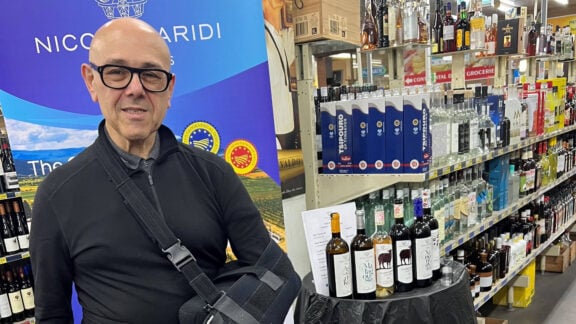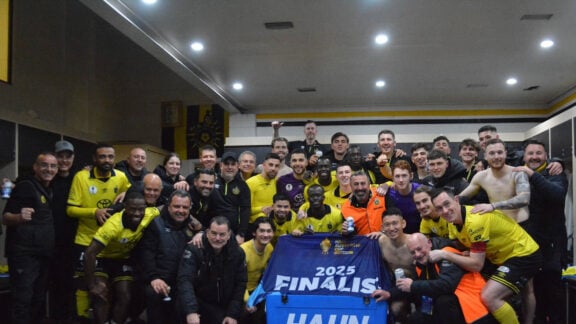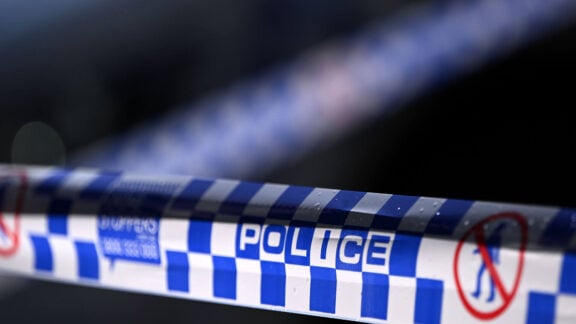Penny Mackieson will be travelling to Greece for the first time in July, after finally discovering, decades later, that her ancestry is Greek and not Anglo-Celtic, as her birth records had shown of her biological mother.
She will be travelling around the Peloponnese, with her husband and son, to discover her mother’s homeland, with a passport bearing her integrated name, something she described as “magical” to The Guardian.
The Melbourne woman finally has the Greek name that feels right to her, nearly 60 years after she was inadvertently swapped with another baby when both infants were placed for adoption.
Born in Melbourne, in 1963, at Queen Victoria Hospital, Penny Mackieson was raised in a nurturing and loving family, and she always knew she was adopted.
In search for her biological parents, in 1989, she applied for her adoption records and a year later she received what she thought was her birth name and her mother’s identity.
A few years later, after losing her twins, she found the courage to reach out to her biological mother through the Victorian Adoption Network for Information and Self Help (Vanish), which put her in contact with the woman named in her birth records. They would form a strong family connection for the next 20 years, but as Mackienson said, something never seemed quite right.
Her gut feeling would be confirmed years later, in 2016, when she decided to take an Ancestry DNA test. This revealed that she had zero Irish-English-Welsh ancestry which she was supposedly related to, and instead she had a 70% Greek ethnicity.
After another DNA test which confirmed that the two women were not genetically related, Mackieson notified the state government’s Adoption Information Services.
It was then that another woman was identified as her mother, of Greek heritage, who had delivered a girl at the same hospital, on the same day she was born. It was clear that two babies were swapped and incorrectly identified.
After a court hearing before the Victorian county court last month, Mackieson was allowed to correct her birth records and integrate her Greek mother’s name with the one given to her by her adoptive parents.
“It’s just a huge relief,” Mackieson said. “It feels like this is the first day of the rest of my life. I feel much more optimistic and I feel freer – this is who I am.”
She added that it is not just vindication she feels after reaching the end of a 33-year search. “I never felt right and like I belonged. But I feel anchored now.”
Her Greek biological mother told AIS that she is happy to hear her daughter has lived a happy and healthy life, but she did not want further contact. So there will be no Greek family reunion when they travel for the first time to the Peloponnese. And even though Mackieson says it is “very, very sad” that she won’t get to meet her mother, she does not want to stress out an elderly woman in her eighties. “I couldn’t live with that either.”


